When purchasing a yacht with the intention of chartering, particularly in the Mediterranean and Caribbean, it's important to note that stricter and more complex regulations are in place to ensure the safety of crew, passengers, and the environment, compared to yachts intended solely for personal use.
Commercial Registration
Commercial registration is the formal process of registering a yacht for commercial purposes, typically chartering, as opposed to private recreational use.
First and foremost, it ensures the safety and well-being of passengers, crew, and the environment by enforcing stringent safety and operational standards. It also signifies legal compliance, reducing the risk of fines, legal issues, and damage to the yacht's reputation.
Standards of operations are set by maritime authorities and international conventions. Yachts seeking commercial registration must undergo regular inspections and surveys to ensure they meet safety and maintenance requirements.

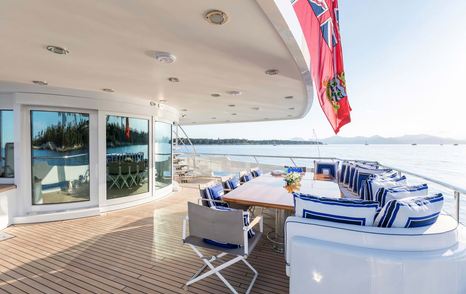
The crew engaged on charter yachts are required to hold certifications, such as STCW, demonstrating their skills and training for the safety and comfort of charter guests.
Adequate insurance coverage is essential, and legal contracts outlining charter terms and conditions, including safety procedures and liability, are standard requirements.
Flag States
Flag states play a pivotal role in the world of yacht registration, serving as the jurisdiction under whose flag a yacht is officially recognized and registered.
This concept is fundamental to the maritime industry and has wide-ranging implications for yacht owners and operators. The choice of a flag state determines not only the legal and regulatory framework that governs the yacht but also has significant implications for taxation, liability protection, and even the yacht's operational freedom.
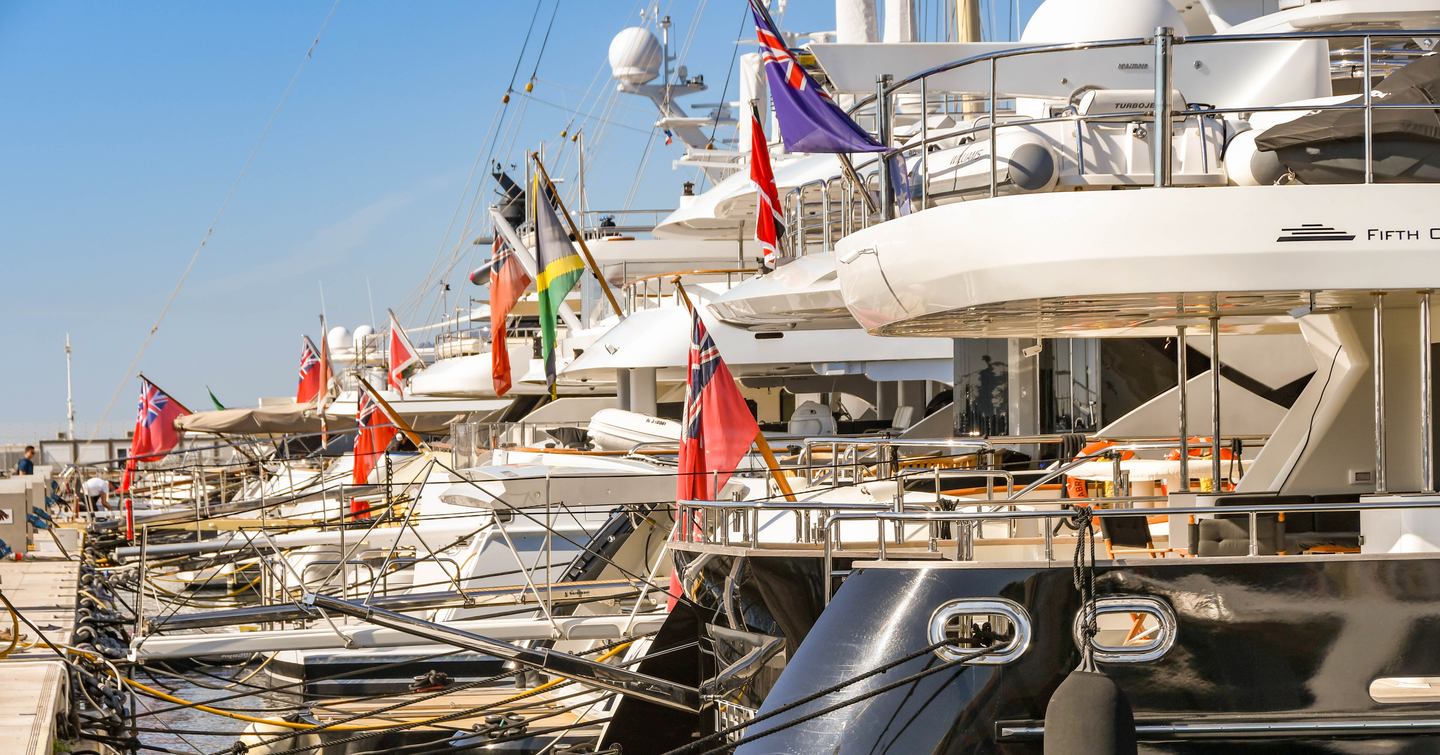
There are several benefits to registering a yacht under a favorable flag state, and one of the most significant advantages is the potential mitigation of tax burdens.
Many popular flag states provide opportunities for yacht owners to set up corporate structures offshore, offering several advantages, including favorable taxation and liability protection.
By registering a yacht in a flag state with advantageous tax policies, yacht owners can often reduce their tax liabilities. These favorable tax regimes may include exemptions or reduced rates on import duties, VAT, or other taxes related to yacht ownership and operation. This can lead to substantial cost savings, making yacht ownership more financially efficient.
Additionally, some flag states offer liability protection through corporate structures. These structures can shield the owner's personal assets from potential legal claims or liabilities arising from the yacht's operation. This separation of personal and corporate assets can provide peace of mind and financial security.
Taxes
The tax implications of owning a charter yacht can be substantial, but, as seen above, the choice of flag state can help mitigate some of these burdens.
Many flag states offer favorable tax regimes for yacht owners, including exemptions or reduced rates on import duties, Value Added Tax (VAT), and other taxes related to yacht ownership and operation. By registering a charter yacht in a flag state with advantageous tax policies, owners can often significantly reduce their tax liabilities, making yacht ownership more financially efficient.
In many jurisdictions, expenses related to chartering, such as maintenance, crew wages, and marketing, can be tax-deductible. The income earned from chartering can be partially or fully offset by these deductions, reducing the owner's overall tax liability.
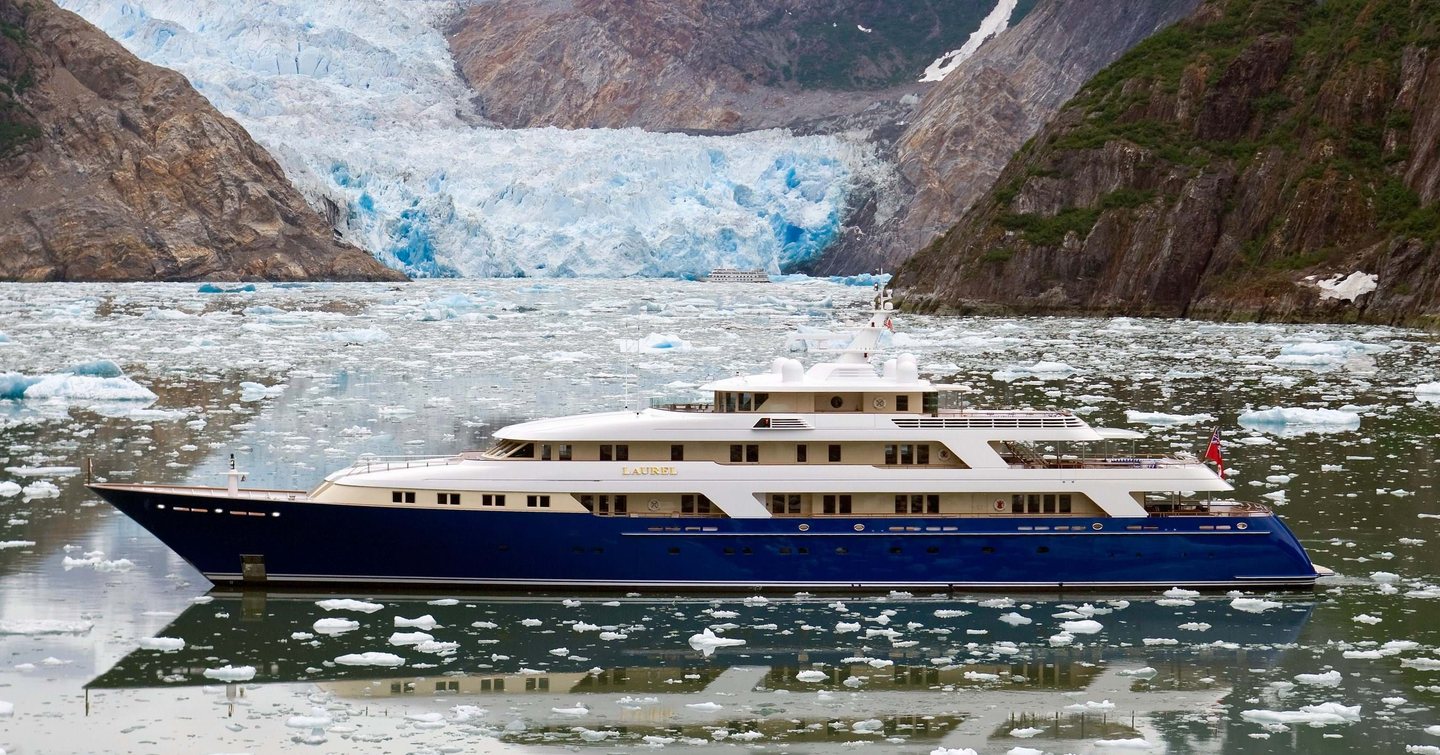
Owners who charter their yachts often do so through specific business entities or corporate structures. The choice of the right corporate structure can have tax advantages, providing opportunities for further tax mitigation.
Professional tax planning and consulting can help yacht owners optimize their tax strategies. Experts can identify opportunities for minimizing tax liabilities, taking advantage of deductions, and ensuring compliance with relevant tax laws.
It's essential for yacht owners to work with tax professionals and legal advisors who specialize in maritime taxation, to structure their chartering activities in a tax-efficient manner."
Regulations
Registering a yacht for commercial operation entails adherence to a comprehensive set of regulations, primarily focused on ensuring the safe and secure operation of the vessel. Flag states impose stringent standards and requirements, covering various aspects of the yacht's construction, safety, and operational practices.
One key requirement is compliance with construction standards established by prominent classification societies, which may include organizations like the American Bureau of Shipping (ABS) or Lloyd's Register.

These societies set rigorous criteria for the yacht's design, construction, and maintenance to ensure structural integrity and seaworthiness.

In addition to classification society standards, commercial yachts are expected to meet safety and operational standards established by government agencies. For instance, the UK's Maritime and Coastguard Agency (MCA) sets forth safety and operational guidelines for yachts registered under its flag. These guidelines encompass various aspects, such as crew training and certification, equipment and safety protocols, emergency response procedures, and more.
Compliance with these regulations and standards is essential for obtaining and maintaining commercial yacht registration. It ensures that the yacht is well-equipped, properly maintained, and operated safely, guaranteeing the well-being of passengers, crew, and the environment.

Choose a flag that offers a reputable commercial registration recognized by most governments. Flags listed on the Paris White List have the highest reputation, indicating their adherence to stringent safety and environmental standards. Opting for a flag on this list can streamline international travel for your yacht, reducing the risk of additional inspections by Port State Controls when entering or leaving different destinations.
Conversely, flags listed on the Grey List or Black List have been identified as deficient in meeting certain criteria. Registering your yacht under a flag from one of these lists may increase the likelihood of additional inspections, which can be both time-consuming and costly.
For larger yachts, particularly those engaged in commercial operations, the British overseas territories, often referred to as the Red Ensign Group, are a popular choice. Flags within this group are recognized for their reliability and favorable regulatory frameworks, making them well-suited for commercial yacht registration.

Surveys
Yachts engaged in commercial operations are subject to mandatory surveys to ensure compliance with safety and operational standards. These surveys encompass various aspects, including hull and machinery inspections, safety equipment evaluations, and crew certification verification.
Regular surveys are conducted by recognized classification societies and maritime authorities to guarantee that the yacht is maintained to the highest standards, ensuring the safety of passengers, crew, and the environment.
Compliance with these surveys is a fundamental requirement for maintaining commercial registration and operating a charter yacht legally and safely.
Crew
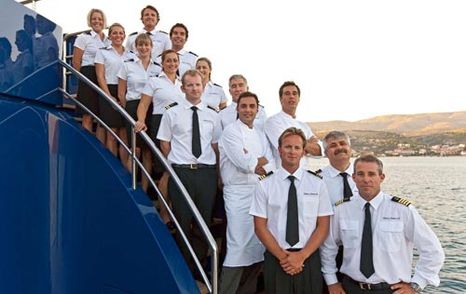
The crew working on commercial yachts are required to obtain specific certifications, such as STCW (Standards of Training, Certification, and Watchkeeping for Seafarers), which demonstrate their competence in various maritime tasks and emergency procedures.
'Safe manning' regulations dictate crew-to-passenger ratios, and crew-to-yacht size ratios, ensuring there are sufficient crew members to meet safety, watchkeeping, security, and service needs.
The yacht crew will be guided by the Marine Labour Convention (MLC).
Guests
Under international marine regulations, a yacht is typically permitted to carry a maximum of 12 guests in addition to the crew when engaged in cruising activities.
However, if a yacht accommodates more than 12 guests, it is categorized as a passenger ship and is subject to the Safety of Life at Sea (SOLAS) conventions. The regulations cover a wide range of aspects, including life-saving equipment, fire safety, navigation, and emergency procedures, with the goal of enhancing maritime safety for larger vessels.

Insurance
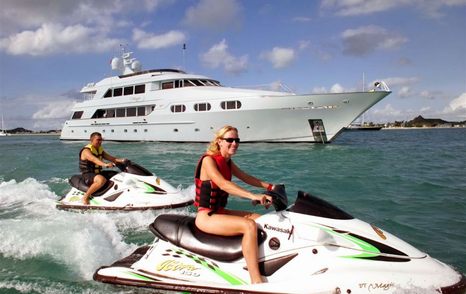
A yacht engaged in commercial operation must have fully comprehensive insurance as a safeguard for yacht owners engaging in charter activity.
The insurance provides coverage for various risks, including damage to the hull and yacht, liability for accidents or injuries involving guests or crew, and protection against unforeseen events like natural disasters or theft. This insurance is tailored to the specific needs of charter yachts, offering financial security and peace of mind to owners while ensuring compliance with legal and contractual requirements.






